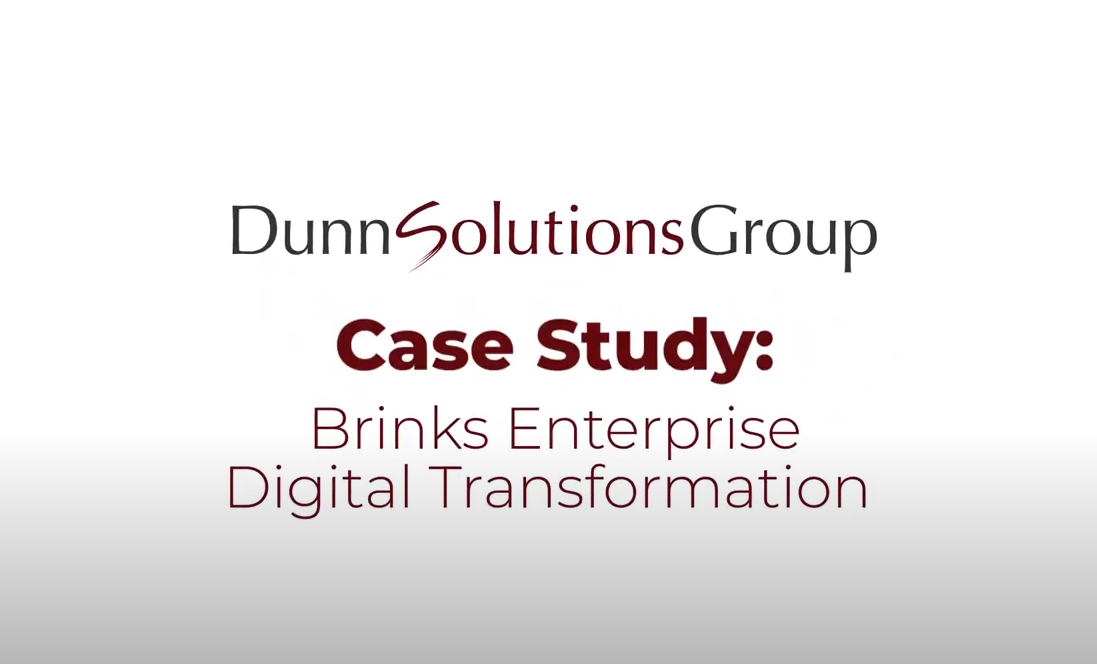Francesco Sguanci
1 Year Ago
We have been talking so much about all the cool stuff data scientists can do these days. Predicting customer behavior is valuable to organizations as it leads to revenue growth. Virtually all organizations claim they understand the importance of Machine Learning to increase revenue, but guess what? 2/3 of them have incomplete, poor, or insufficient data!
The Importance of Data to Organizations
Is that even possible? After all data is everywhere and virtually everything you do creates more data! Unfortunately, as much as organizations claim they want to be data-driven, they fail to see data for what it really is: one of the most valuable commodities available to them! Instead they treat it as their lowest priority, often believing operations and sales to be the golden children.
Data-Driven Success Stories
Just take a look at some of the most successful companies in the world such as Amazon, Netflix, and Google. They all have something in common: they have built their respective empires by amassing data. And in order to collect that data, they were willing to make huge investments (please don’t tell me you really thought Amazon was in the business of selling books and gadgets or that Google’s free search engine was created for the good of mankind...).
The Impact of Data on Revenue Growth
McKinsey conducted a study in which they compared companies that collect data to analyze customer behavior with companies of the same size whose data collection was not a priority. Any guess who outperformed whom by 85% in terms of revenue growth?
Assuming you are interested in making more money using data, your next question should be “So, how do I start collecting the right data that can help me grow my revenue?”
Tips for Effective Data Collection
First, you need to become extremely familiar with your datasets and what you are already collecting, and create a data stack. At this point, the data does not need to be structured; your goal is to get a good sense of what information you have available. This pile of data is sitting in the applications you are using, from your CRM system, to your marketing and/or automation platform, to your Google analytics account! (You have linked it to your e-commerce website, right?). While the specific platform will remain the primary system of records, there are many widely available cloud-based tools that can provide data integration. And these tools can convert data into a format that your data scientists can consume.
Second, make sure you involve all subject-matter experts in your data collection and cleansing processes, and that each department is only responsible for their core competency. Your sales and marketing teams need to be empowered and inform the data collection process to make sure they always have the right data at their fingertips, but should not make decisions on the infrastructure.
Similarly, IT should decide what technologies to use, but not what is important to collect and what is not.
Finally, step three, rely on data scientists and/or seasoned business analysts to make data-driven decisions. Data points require interpretation to be useful. I can assure you, from personal experience, that even companies that manage to collect the right data using the right technologies often rely on junior staff or even interns for interpretation. There are too many rabbit holes that the unseasoned analyst can fall into, and making decisions based on the wrong assumptions can hurt your business tremendously.
Personalization Through Data
Once again, why is data so important in generating revenue? Because in our competitive market we can no longer tailor our products around a customer “persona”; people demand real personalization and product/services that are tailored to their unique needs. The key to this personalization is a thorough understanding of customer behavior, which can only be extracted from comprehensive, clean, and reliable data. In the next five years companies that do not take a customer-centric, behavioral data-driven approach will struggle to compete in any industry.
Dunn Solutions has over 30 years of experience in data collection and integration, as well as an exceptionally talented team of Machine Learning experts that could help you with all your data-related needs. If you want to start growing your revenue by becoming more data-centric, please contact us for a non-charge assessment of your data and your current use of analytics.



